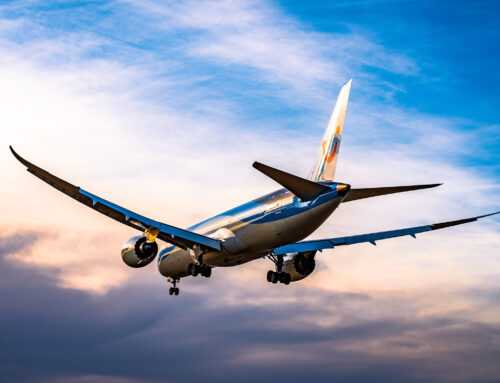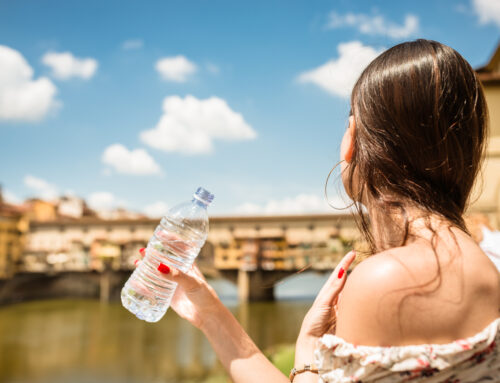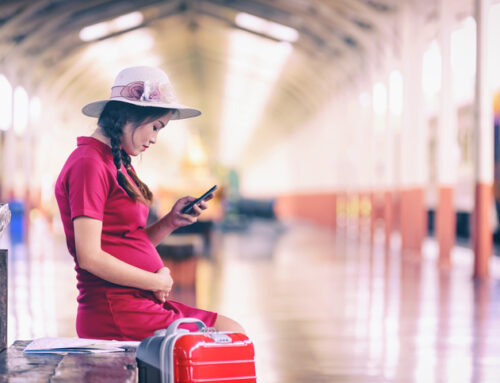What medical supplies do travellers need?
The contents of your medical kit will depend on your own healthcare needs and on the nature of your trip. It’s best have an appointment with a nurse or pharmacist specialising in health advice for travellers before you go away.
If you’re heading off on a city break you can be fairly sure it will be easy to get hold of basic first aid items – though it makes life simpler if you’ve got your own supplies to hand. If you’re trekking in remote areas, you cannot just pop into a pharmacy for some sticking plaster and a packet of paracetamol, so you’ll need to have a more comprehensive kit in your pack.
Medical kit
You can deal with most minor injuries if you have the following:
- antiseptics and antibacterials (for example, iodine)
- brief first aid guide
- disposable examination gloves
- dressings such as sticking plasters, steri-strips, gauze, elasticated bandage, micropore tape and blister plasters
- saline sachets for washing wounds
- thermometer
- treatment for sunburn
- tweezers and scissors
If you take medication for a long-term condition consider bringing a supply for your entire trip, plus extras in case of delays or supply problems. The Foreign, Commonwealth and Development Office travel advice pages are worth checking out because they provide handy information about which countries place restrictions on some medications, as well as more general health advice for travellers.
Other items to pack include:
- anti-histamines (topical and oral)
- cold remedy
- condoms
- oral rehydration salts and anti-diarrhoeal meds
- painkillers
- sunscreen
- travel sickness pills
Adventure travellers
If you are heading into the wilderness, for adventure travel or a trekking holiday, consider bringing a sterile set, containing, for example: butterfly closures, blood giving set, IV cannula, dental needle, lancets, syringes and needles. You should also bring these items with you when you visit a developing country so you do not put pressure on scarce local supplies. And remember to think about how you will safely dispose of used sharps.
Sterile sets have a best-before date, so at the end of your trip consider donating yours to someone who can make use of it.
Adventure travellers will also find water purification tablets useful. These can be picked up from outdoor shops or from a pharmacy.
Before you go…
Check that your kit is all in date, and remember that sharps need to go in your checked-in baggage if you are flying.
More questions?
When you get your vaccinations at NX Travel Health Clinics ask about health advice for travellers as the nurse advisor will have plenty of information about staying well on your trip. They can help you work out whether you need medication for altitude sickness and advise on a regime of anti-malarials.




